We are saving marine environments
Our Maine research addressed global challenges like climate change, biodiversity conservation, and suitable marine resource use, promoting a earthlier planet.

BESE research is addressing urgent global challenges through interdisciplinary research. Our efforts actively contribute to local, regional, and global initiatives while emphasizing scientific excellence, technological innovation, and sustainable development.
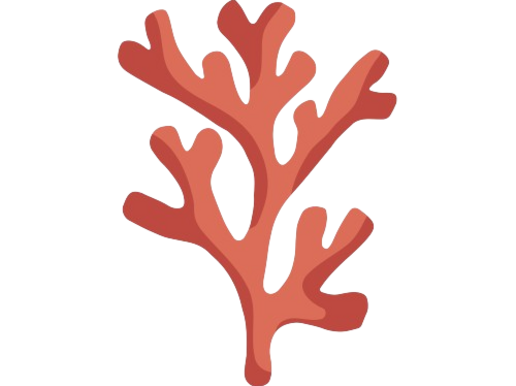


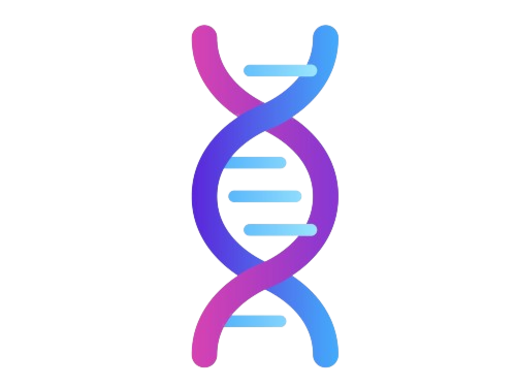
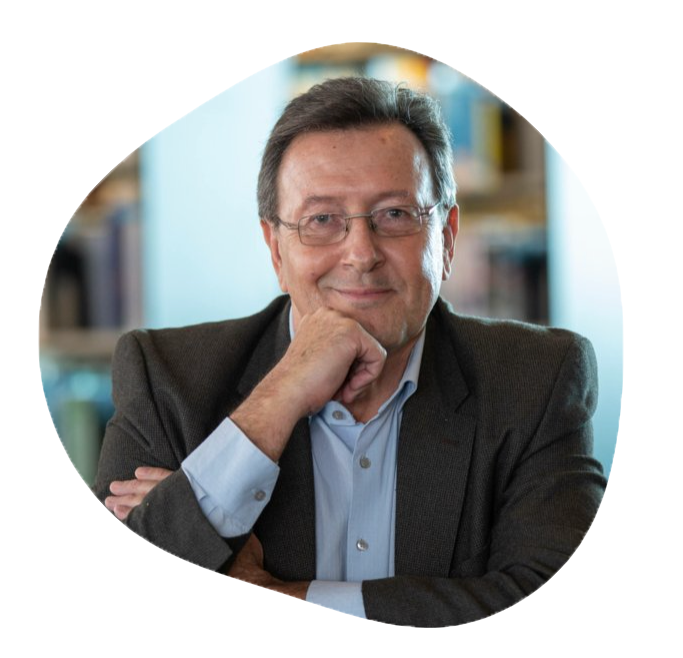
"Understanding and preserving the incredible biodiversity of our oceans is not just a scientific endeavor; it's a moral obligation we owe to future generations."
Professor Carlos Duarte a marine ecologist, conducts research on global marine ecosystems, focusing on biodiversity, human impacts, and ecosystem resilience. His work is essential for addressing the effects of climate change on marine environments and rebuilding marine biodiversity, serving as a roadmap adopted by numerous conservation organizations.

“Microbes may be tiny, but their potential to protect and restore coral reefs is immense. Harnessing the power of beneficial microorganisms offers hope for the future of these invaluable ecosystems."
Professor Raquel Peixoto plays a vital role in protecting marine ecosystems and restoring coral reefs. Her research is enhancing coral resilience against environmental threats using beneficial microorganisms, providing practical solutions to support reef protection.

"Safeguarding marine ecosystems is paramount in our climate battle. At KAUST, we not only seek understanding but also engage in active coral reef restoration, a crucial step toward a sustainable future."
Professor Manuel Aranda's coral research in genomics and symbiosis contributes to large-scale Red Sea reef restoration. His work focuses on enhancing coral resilience through selective breeding and assisted evolution approaches, aiming to support marine biodiversity on a significant scale.

"The world's water challenges demand innovative solutions. Through microbiology and sustainable wastewater treatment, we can transform how we manage water resources, benefitting both the environment and society."
Professor Pei-Ying Hong, an environmental microbiologist, transforms wastewater treatment and enhances our understanding of water microbiology. Her contributions are vital for global sustainability, especially in water-scarce regions like Saudi Arabia
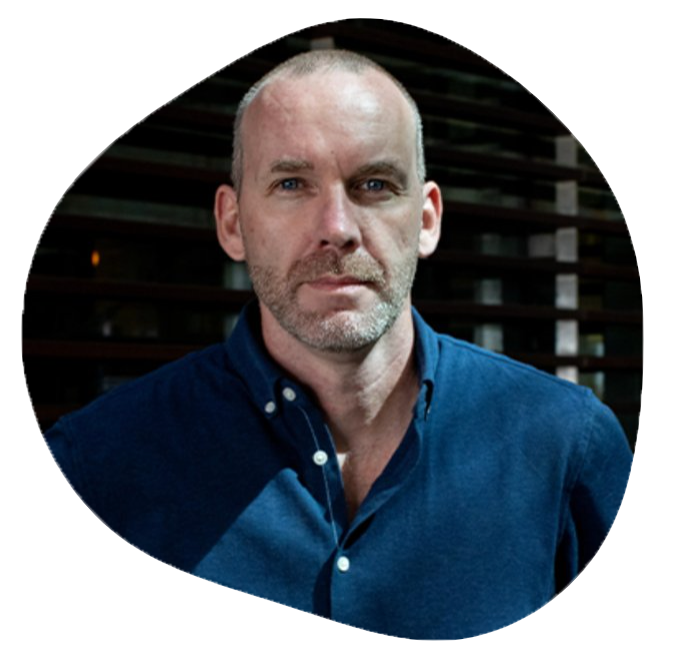
“Remote sensing technology allows us to see both the visible, and the invisible, providing crucial insights into our planet's water resources. By harnessing advanced sensing techniques, we can better address water-related challenges and adapt to a changing climate.”
Professor Matthew McCabe, an expert in remote sensing and water resources, utilizes advanced technologies to manage water effectively, crucial for arid regions and mitigating climate change's impact on water resources.
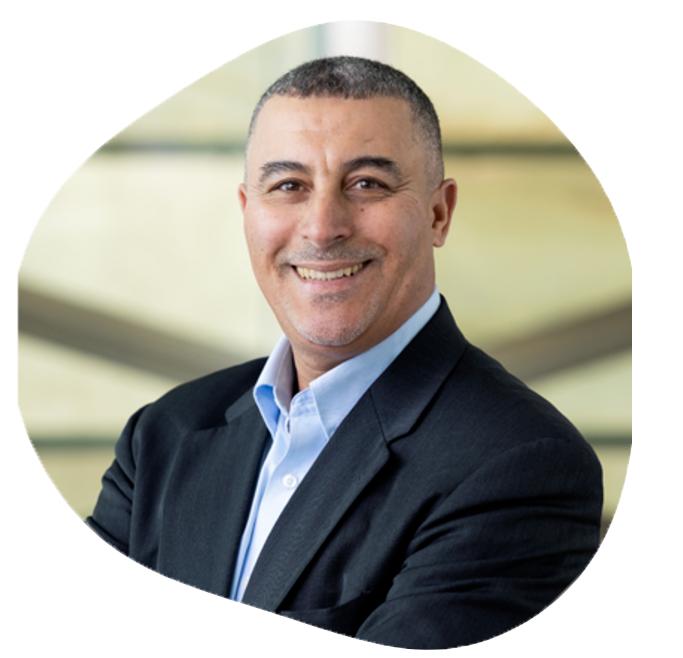
“Innovative desalination techniques are key to securing our future water supply. We are developing a new generation of low-energy processes aimed at reducing costs and environmental impact while improving water accessibility for all."
Professor Noreddine Ghaffour specializes in the development of innovative sustainable water solutions. He bridges between material science and process engineering to scale-up cost-effective desalination processes, potentially powered by renewable energy for water supply sustainability.